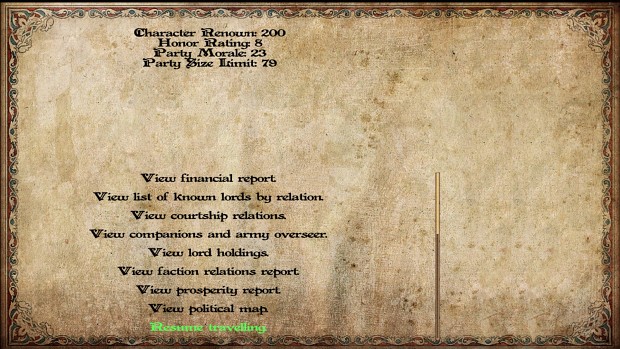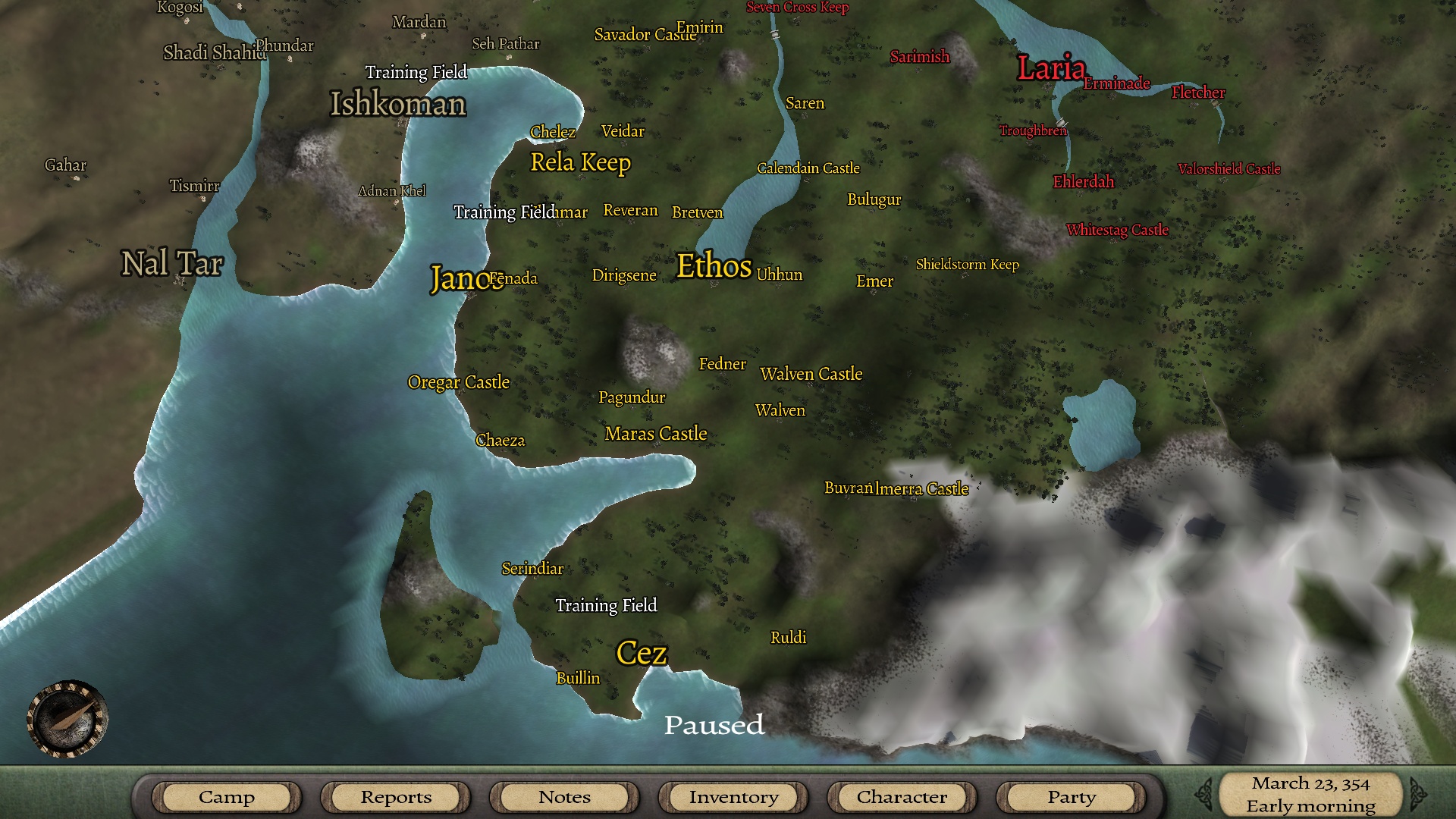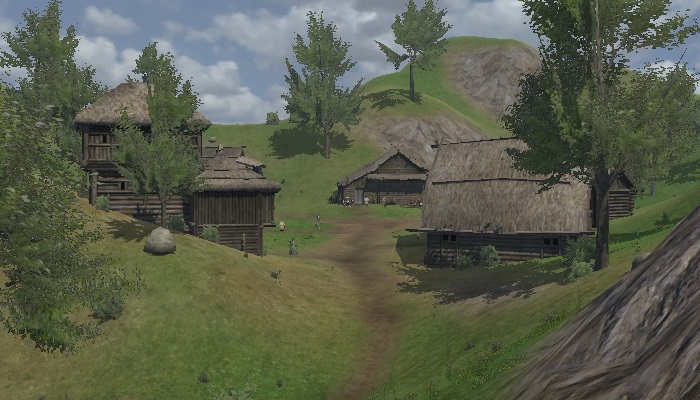


Two other avatars of Vishnu - Matsya (the fish) and Kurma (the tortoise) were also equated with Prajapati, before being described as forms of Vishnu in later traditions. Varaha is originally described as a form of Prajapati (equated with Brahma), but on evolved into the avatar of Vishnu in later Hindu scriptures. The origin of Varaha is found in the Vedas, the oldest Hindu scriptures. Legends and scriptural references Vedic origins ģrd century sandstone Varaha sculpture, Art of Mathura, housed in LACMA. The word literally means "the animal that makes a peculiar nasal sound in respiration" in the Bhagavata Purana, Varaha is referred to Sukara, when he is born from the god Brahma's nostril. The god Varaha is also called referred by the epithet sukara ( Sanskrit सूकर, sūkara), meaning 'wild boar', which also used in the Rigveda (e.g. The Vedic group of Angirases are called varahas or collectively a varahavah. Yaska mentions a third meaning of the word varaha. Later the rain-relationship led the connotation of the term evolve into vara-aharta, which means "bringer of good things" (rain), which also mentioned by Yaska.

The word also means "rain cloud" and is symbolic in some Rigvedic hymns, such as Vedic deity Vritra being called a varaha in Rigvedic verses 1.61.7 and 10.99.6, and Soma's epithet being a varaha in 10.97.7. The word varaha is found in Rigveda, for example, in its verses such as 1.88.5, 8.77.10 and 10.28.4 where it means "wild boar". Īs per Yaska, the boar is a beast that "tears up the roots, or he tears up all the good roots" is thus called varaha. The Monier-Williams dictionary states that the root √hr means "'to offer/present', 'to outdo, eclipse, surpass', 'to enrapture, charm, fascinate', and 'to take away or remove evil or sin'" and also "to take away, carry off, seize, deprive of, steal, rob". The Sanskrit grammarian and etymologist Yaska (circa 300 BCE) states that the word varaha originates from the root √hr. It is thus related to Avestan varāza, Kurdish beraz, Middle Persian warāz, and New Persian gorāz (گراز), all meaning "wild boar". The word varāha is from Proto-Indo-Iranian term warāȷ́ʰá, meaning boar. The deity Varaha derives its name from the Sanskrit word varaha ( Devanagari: वराह, varāha) meaning "boar" or "wild boar".


 0 kommentar(er)
0 kommentar(er)
